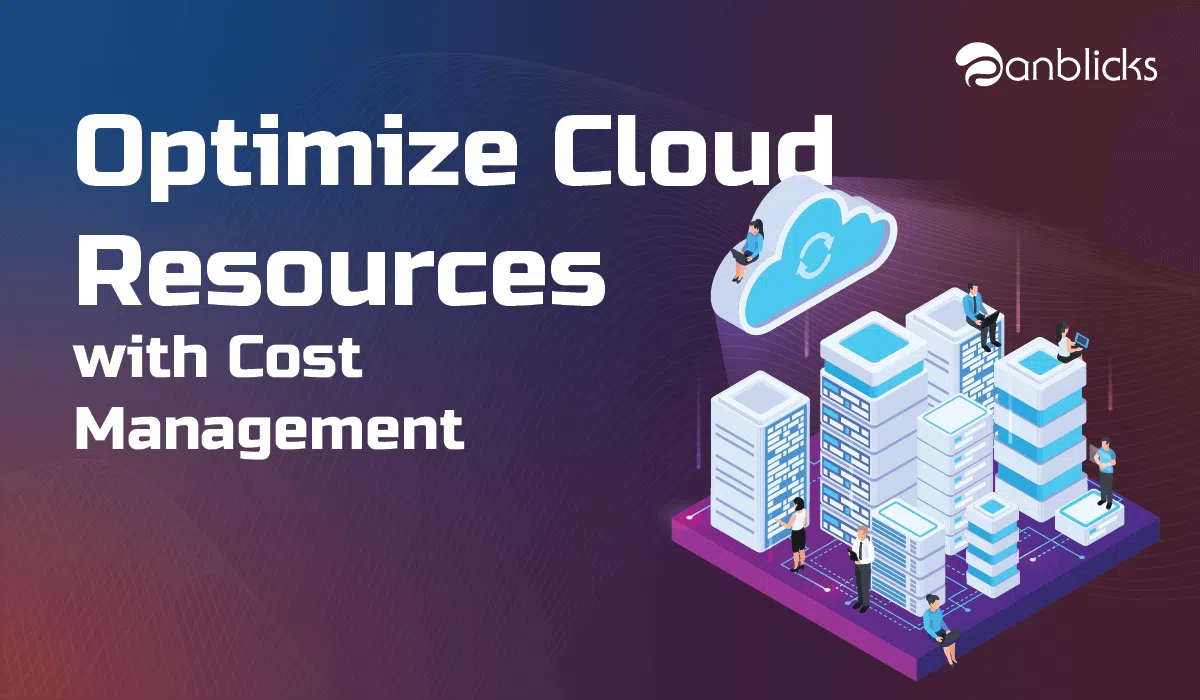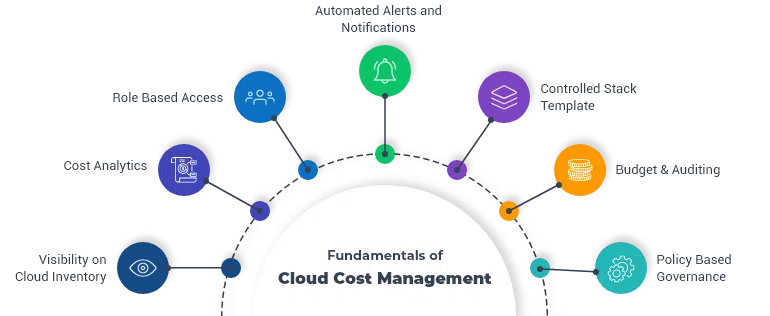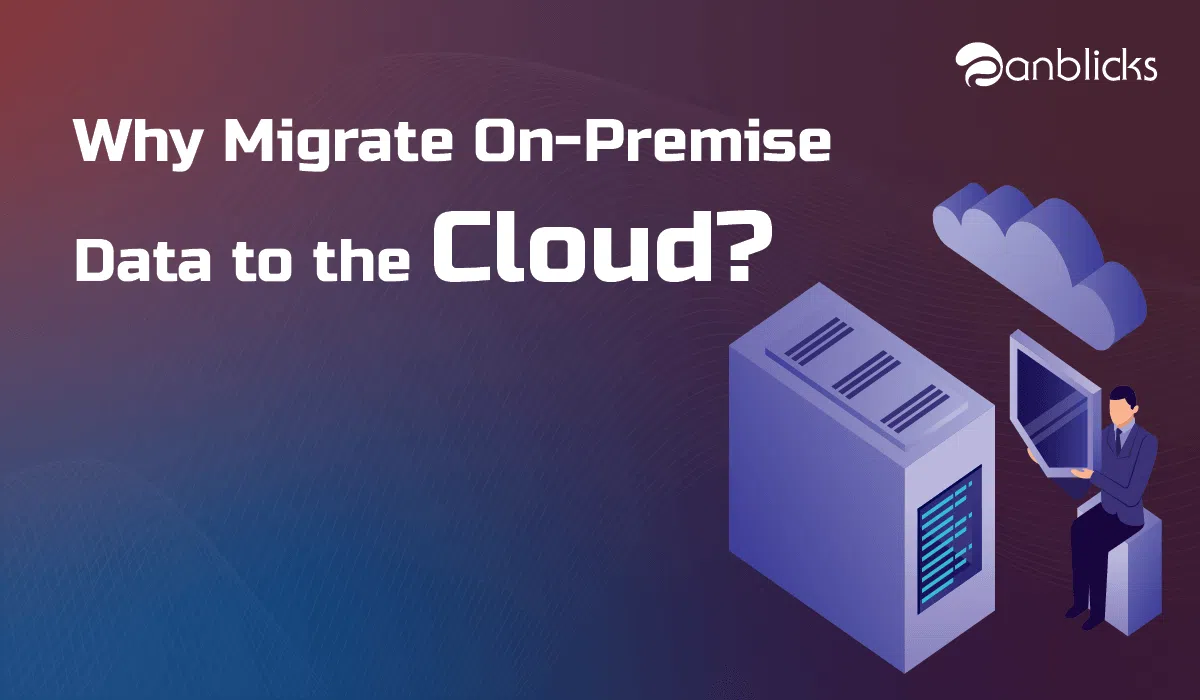
How Cloud Cost Management helps Businesses to Plan their Strategies for Cloud Resources

TL;DR
- Discover how tracking cloud costs prevents budget overruns.
- Uncover data-driven insights for precise resource planning.
- Discover ways to align cloud usage with business objectives for optimal performance
What is Cloud Cost Management?
Cloud cost management, also known as cloud cost optimization, is a technique used to efficiently manage and track the usage of cloud resources and optimize their use in the best possible way. It includes understanding of costs related to cloud resources and removing unused or unnecessary resources.
Most people think that technology is the key for driving success in the cloud, but actually it comes down to controlling the costs. These days, cloud hosting is preferred by most of the SMEs because of remote data access and security reasons. Based on some research, many IT teams find that the cloud costs grow less efficient as the resources are not managed and tracked properly.
There are many factors that affect cloud cost which can be virtual machine instances, memory and storage utilization, network traffic, web services, software licenses etc. All the factors should be considered while deciding a strong and effective cloud cost management strategy
Why is Cloud Cost Management required?
Cloud Cost Management helps businesses know their spending on the cloud services and resources, analyze them and make the best use of it. By understanding the utilization and spend on cloud resources, businesses can also achieve other business objectives and goals like security, accountability, better visibility, strategic planning etc.
Cloud cost includes several components which requires separate handling of each component – which increases the management cost. Surveys indicate that companies waste around 35% of the cloud. Which then demands getting the right instance size, shutting down unused resources, and scheduling the virtual machines right.

Gartner, a famous survey brand believes that by the end of the year 2021, no organization can survive without a cloud. Companies are actively trying to cut costs, which has led to reduction of use of private clouds.
- Gartner has also suggested that the public cloud services market can grow 17.5 percent to USD 214.3 billion by the end of year 2019.
- 84% of enterprises have been employing a multi-cloud strategy.
- To manage privacy and costs, 58% of enterprises are using a combination of public and private clouds.
- The public cloud spends growing thrice as much as the private cloud. A staggering fact is that organizations are willing to pay 24% more on a YoY basis.
Cloud Cost Management – Challenges
Many companies fail to strategize the management of components which are affecting the higher cloud management cost. The cost can be reduced by eliminating the wastage of resources, reserve the capacity for getting higher discounts, identify the mismanaged (under-utilized and over-utilized) resources etc.

Why do most of the companies fail to implement an effective cost management strategy?
- Not ready to change mindset: Companies treat cloud as their old on-premises setups and end up in over provisioning the resources. They pay more than they were actually utilizing the resources. With time, older thoughts and beliefs should be changed to get new ideas to cope up with the latest trends.
- Lack of proper governance policies: Over 60% of taggable cloud resources lack appropriate tags or metadata. Lack of appropriate governance policies is creating uncertainty for users in any organization. Because of this, not only processes get stalled but cost also rises. A good governance policy will help to decide better resource utilization.
- Irregular instance size: Sometimes companies fail to identify instance size of cloud resources which end up wasting a chunk of it that leads to failure of assessment of wastage. The organization should identify the best suitable policy of the instance size.
- Less understanding of pay-per-use: Cloud providers charge on pay-per-use basis. If companies become optimistic then they end up paying more cost. Cloud is a flexible resource, so we must understand the liberty it provides to us. The strategy should be designed in such a way that we can leverage complete advantage of cloud resources.
- Lack of regular data cleanups: Regular cleanup is required if we want our resources to be efficient. Most of the time few redundant processes are running in the background, some instances stay functional even after work is completed, etc. which ends up in additional power and cost. IT professionals are required to have regular cleanups.
- Missing DevOps culture: There are many cases where DevOps culture is missing for cloud cases. There are many reasons to implement DevOps culture like recovery processes, automation of provisioning, effective deployment procedures, and several others. They help to reduce manual interaction which then improves efficiency and reduces cost.
- Sub-Optimal Architecture: A sub-optimal architecture can result in higher cloud costs. This may affect the system to be less efficient.
- Internal miscommunication: Internal miscommunication may lead to redundant efforts, inefficiency in maintenance and management. So, it is really important to have effective communication flow among the IT professionals.
- Poor visibility and cost optimization: Companies waste around 35% of all cloud spending annually by over-provisioning, getting the wrong instance size, or by forgetting to turn off the VMs when not in use – Which is alarming to achieve high revenue.
Few of Cloud Cost Optimization techniques defined as:
- Find unused or unattached resources and identify and consolidate idle resources and try to stop the utilization
- Choose the right type of instances for your requirement
- Understand and choose right size computing services
- Use discounts and free storage whenever possible
- Centralized storage management to be considered
- Deploy containers – Often used by IT teams who take DevOps approaches, containers the package applications together with all their dependencies, make them easier to deploy, manage and/or migrate from one environment to another.
- Utilize Heatmaps and use serverless services
- Invest in AWS Reserved Instances (RIs) or Azure Reserved VM Instances (RIs)
- Take Advantage of Spot Instances
- Consider Multi-Cloud vs. Single Cloud.
Few Advantages of Cloud Cost Management
How will the cloud cost management benefit your business?
- Scalability: Business can scale up or down the cloud resources as per requirements which can affect the business strategies and revenue directly or indirectly.
- Control the spending on Cloud: Cloud cost management helps businesses control their spending on cloud services while also maximizing the utilization of their resources
- Best practices implementations: Cloud cost management best practices support few business objectives and cloud best practices like security, visibility, organization, and accountability. A good cloud cost management process gives businesses the ability to reduce wastage of resources, plan future strategies effectively, identify the risks and spends on cloud and based on that plan the revenue, forecast costs and resource needs.
- Analyze the resources usage: Based on the size and usage of the cloud resources, analyze, and identify the actual spend, predict the future spend and save money.
- Lower IT cost: Businesses know about the wastage and utilization of the cloud resources, effective clean ups and atomization of the processes can be done. For this, businesses can decide on their plan like using third party providers vs bringing talented resources.
- Flexibility to explore more options: Cloud systems and its processes involve a variety of systems and software. The cloud IT team works diligently to integrate services with other platforms & services. This not only provides new service options but flexibility with tools & resources used. It also gives opportunity to optimize the use of cloud resources.
- Balancing the need: Prevent IT team from provisioning unused or unapproved virtual instances which includes additional software license costs. Also restrict the use of specific OS or DB engines from vendors with whom you do not have enterprise agreements.
- Scheduling time: Identify the work hours and based on that plan they shut down or minimize the resource. Instance scheduling can be used to start and stop instances on planned schedules. Shutting down environments on nights and weekends (this completely depends on the analysis of best time of usage) can help save upto 70% of runtime costs. Look to determine which environments need 24×7 availability and based on that schedule the rest. If we get the cloud model right, costs will reduce considerably for cloud resource management.
How to choose the best Cloud Cost Management Platform?
The expense manager is not only a report and analytics system for the cloud resources. It is actually a suite of business productivity tools which deliver good business efficiency, mobility, and an integrated expense management platform. Before any enterprise decides to avail the business advantage of the cloud, they must consider the following points as suggested by business veterans.
- Map your evaluated organizational goals with the expectations of the SaaS software. It is very important to understand the scope of business needs, market presence, target audience and the scale of business. This would help to create an organizational roadmap and a reference point for approvals and controls.
- Understanding the existing legacy systems is an important aspect when it comes to investing in new technology. Evaluate the existing accounting system to get the insights to check its flexibility. Investing in the latest cloud-based expense management system can disrupt the ongoing operations. To ensure business continuity, minimize the time required to master the new cost management software or system.
Last, but not the least, use a cloud cost management vendor and products carefully. Many organisations decide that tackling the cost optimization chores on their own takes too much time and skill. Instead, they leverage services from a reputable cloud cost management vendor. When migrating to cloud, its cost management can be a major pain area. Due to some complexities involved for the cloud infrastructure, it is difficult to estimate the cloud costs.
Conclusion
The cloud holds great potential. The goal of saving money using the cloud can be achieved, as long as attention is paid to cloud cost optimization.
Cloud cost optimization can be achieved by planning your cloud resource utilization, smart selection of cloud features, optimizing cloud performance along with the practices mentioned above.
To conclude this, it is recommended to partner with the right managed service provider who can help businesses to significantly contribute with cloud cost savings. Are you interested in optimizing your cloud cost management platform Talk to our technical experts.

Anblicks is a Data and AI company, specializing in data modernization and transformation, that helps organizations across industries make decisions better, faster, and at scale.



